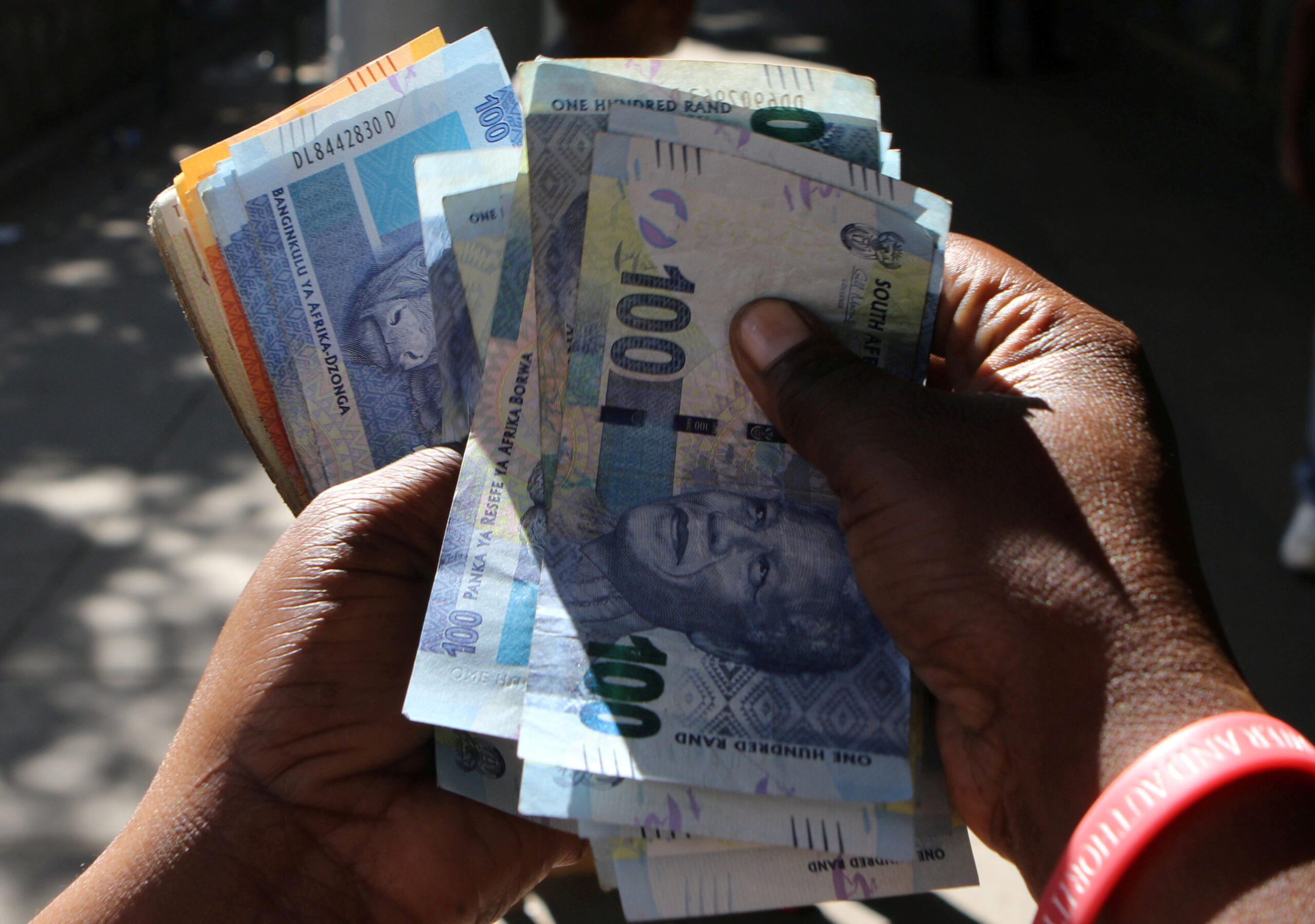Parliament of Malawi has passed the 2025 Foreign Exchange Bill, ushering in a new legal framework that replaces the decades old Exchange Control Act of 1984. While the legislation is being hailed as a modernization of Malawi’s forex management system, it has also ignited debate over whether it does enough to protect exporters’ access to foreign currency.
Deputy Chairperson of the Budget Committee, Ismael Mkumba, voiced support for the bill but raised a red flag over the imbalance in forex allocation. He stressed that exporters, key contributors to the country’s forex reserves, are being sidelined in favor of importers, calling on the Reserve Bank of Malawi to prioritize those who actually generate foreign exchange.
“The current system puts exporters at a disadvantage. If we’re serious about economic growth, we must reward those bringing in forex, not penalize them with delays or restricted access,” Mkumba said.
Finance Minister Simplex Chithyola responded by assuring the House that government reforms under the Agriculture, Tourism, and Mining (ATM) strategy are aimed at boosting local production and, in turn, strengthening Malawi’s foreign currency reserves.
However, critics argue that production reforms alone won’t resolve challenges faced by exporters in accessing their earnings. Under the new law, only the Reserve Bank and authorized dealers are permitted to handle foreign exchange transactions.
Individuals and businesses are prohibited from buying, selling, or lending foreign currency outside of these official channels, and cross border transfers now require explicit permission from the central bank.
While the move is expected to clamp down on illicit forex trading and stabilize the kwacha, some stakeholders worry it could increase bureaucratic hurdles for legitimate exporters trying to repatriate profits or pay for critical inputs.
As Malawi navigates forex shortages and rising import costs, the debate highlights a key policy question, Should those who earn the dollars get first debts.




